For £23 off your ticket to LSF 2016, use discount code KTPARKER-16X
Part II - Advice on Filmmaking
While chatting to Writer/Director Oliver Parker about his new film, “Dad’s Army”, I was able to put some of your questions to him.
KT – As a filmmaker, does your approach to an adaptation differ from an original script?
OP – It depends at what point I become involved in the process. If I’m involved in the writing, then yes, it’s different. There are some very famous films that most people don’t realise are adaptations, like “Bladerunner”, for instance. I’m currently adapting “Pure”, which sold well in book form a couple of years ago, but is not particularly well-known in the film world. That’s so liberating! The trick is to take the story far enough away from the source material so that it feels like it’s a film in its own right, but remain close enough to what inspires you in the original. You peel away the layers until you find your story.
KT – What would you say are the advantages of an adaptation over an original story?
OP – The obvious advantage is adaptations are easier to get made, because of an existing relationship with an audience. The disadvantage is that you can feel as if your hands are tied. That’s certainly how I felt working on “Dad’s Army” at times. The Daily Mail were there every day! I’m rather bemused by the mixed critical response. My aim was to make a film that entertains people. I hope the film can make it through the filter of criticism and find its audience.
KT – What percentage of scripts do you read from spec writers, if at all?
OP – I do read spec scripts from unknown writers, if the idea interests me, but only those that come via my agent. The percentage varies. If something that comes across my bows appears stronger than what I’ve got on my production slate, then of course I’ll read it.
Actually I read a lot. What’s more, once I start to read, I very rarely abandon a script. I’m currently working on a rough script with a great central idea. As a director, I would rather have an unready script than something that is so polished I can’t bring anything to it.
KT – What would inspire you enough to take on a script from a new comedy writer?
OP – In a way, one can’t prescribe it. Comedy is so tough to get right. When I make a comedy, I know I’m walking into a ring of fire, but I’m a masochist – I enjoy the challenge. It would have to be something fresh and funny that I haven’t seen before. You wouldn’t believe how many me-too “Best Exotic” clones I was sent after the success of “The Best Exotic Marigold Hotel” (coincidentally written by a different Oliver Parker, who goes by ‘Ol’). I don’t want to direct another “Best Exotic”. It’s already been done.
KT – Making a film is a very absorbing enterprise. How long do you take between projects?
OP – I like to jump from one project to another with a short break of 2-3 weeks in between, but sometimes things don’t work out that way and there may be 2-3 years between projects! The lack of mid-budget films in this country has a lot to do with me taking a “gap” year every now and again. Of course, I will still be working during any break, since I have my own production company with a slate of film projects.
KT – How do you know when you’re ready to direct your first feature film?
OP – My first film was “Othello” and in many ways, I wasn’t ready. I was an actor who had done a few filmmaking courses and made three shorts. What sealed it for me was the fact that I had written the script and I knew it back-to-front. There comes a time when you feel you are the best-placed person to direct the script. I would say that it’s when you feel you have enough general technical knowledge and a strong vision of the film you want to make. It’s a marriage of self-belief and technical expertise. It takes confidence.
These days there are so many shades of first movies. There’s nothing stopping anybody going out and making a film. So why not make one? No class comes close to teaching you what you’ll learn when you make a film of your own. My advice to you is to try new things out all the time.
KT – Would you consider talking at London Screenwriters’ Festival? Maybe about British comedy films and the challenges in a market full of US rom-coms and lad films?
OP – Yes, if I am free!
For £23 off your ticket to LSF 2016, use discount code KTPARKER-16X
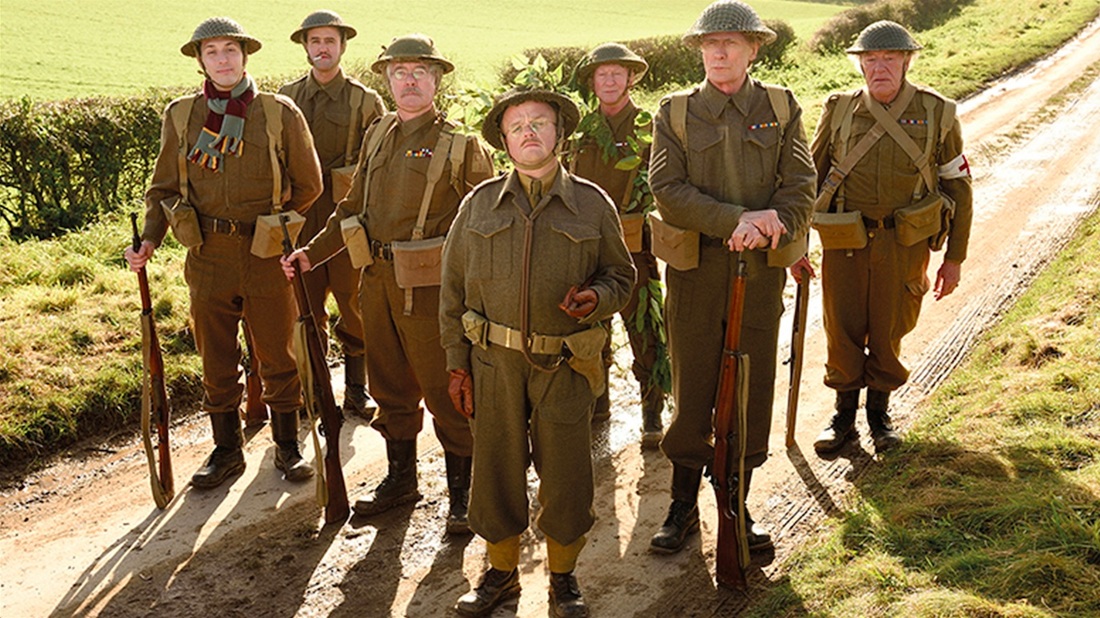
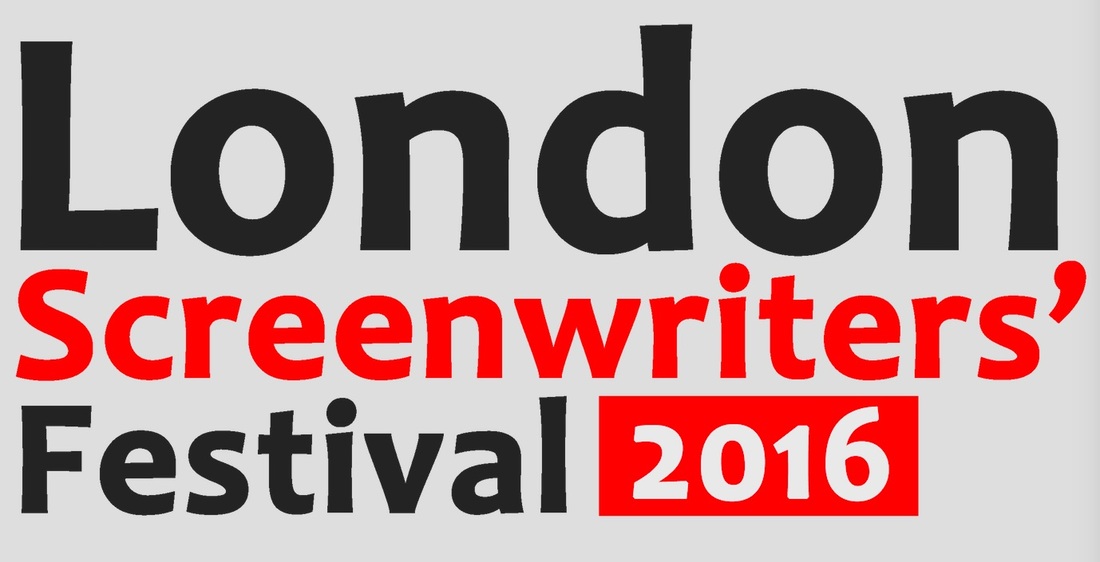
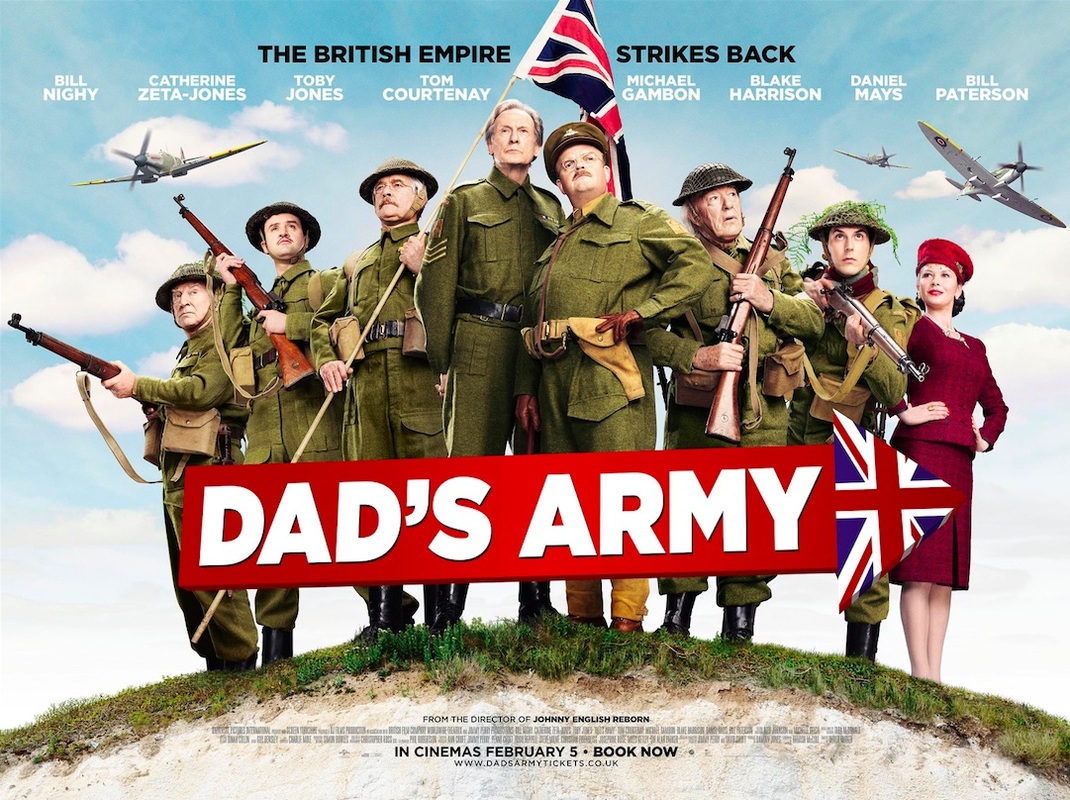
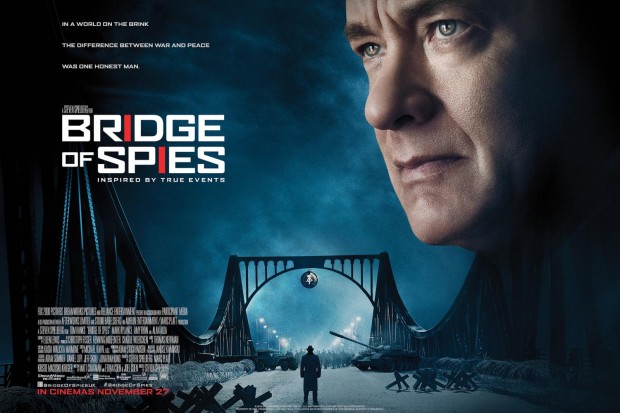
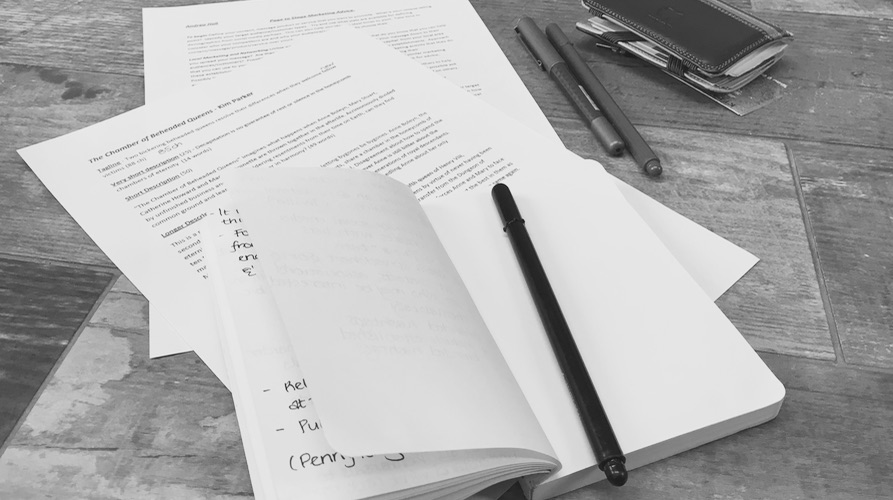

 Flux RSS
Flux RSS
